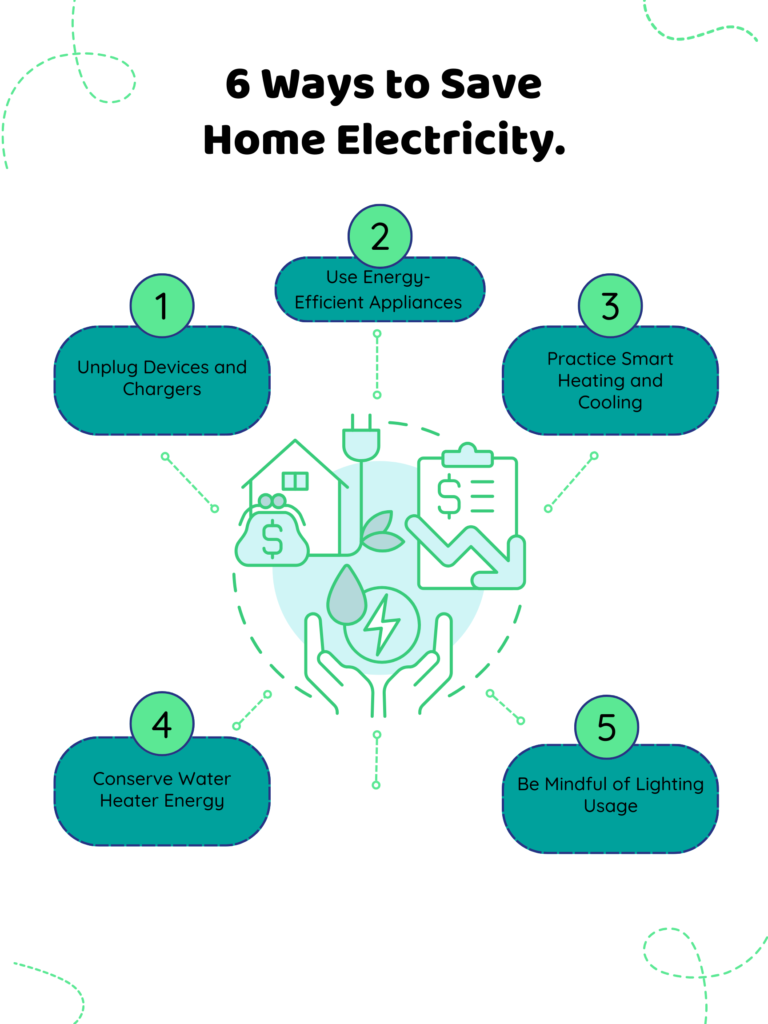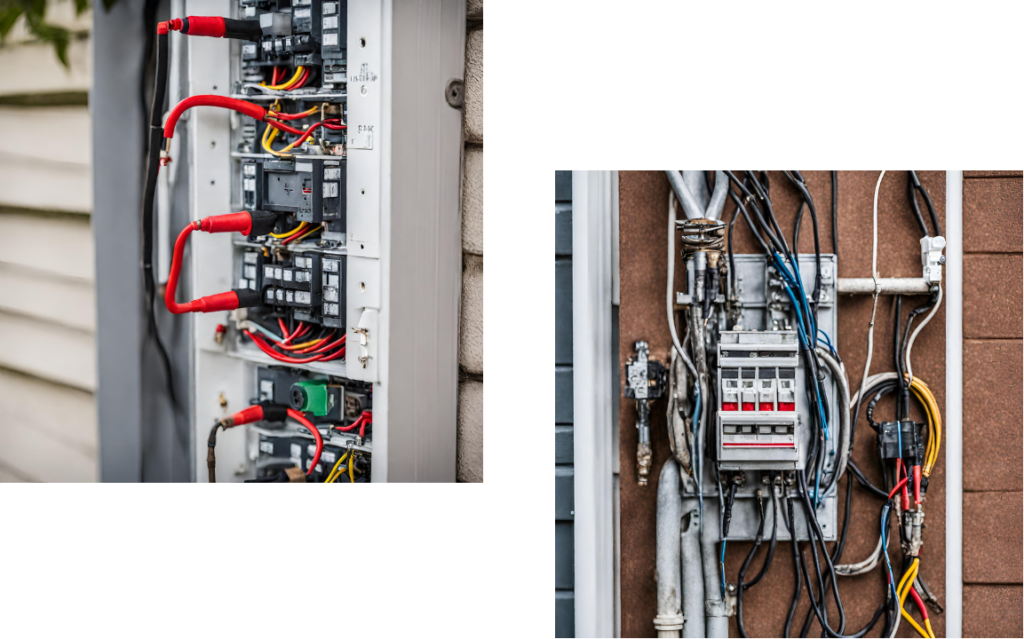Top 5 electricity saving tips

Saving electricity not only helps reduce your energy bills but also has environmental benefits by lowering overall energy consumption. Here are five top tips for saving electricity:
- Use Energy-Efficient Appliances:
- Invest in energy-efficient appliances that bear the Energy Star label. These appliances are designed to consume less energy while providing the same level of performance.
- Consider upgrading to LED or CFL (compact fluorescent lamp) light bulbs, which use significantly less electricity than traditional incandescent bulbs and last longer.
- Unplug Devices and Chargers:
- Many electronic devices continue to consume energy even when they’re turned off but still plugged in. This is often referred to as “phantom” or “vampire” power. Unplug chargers, electronics, and other devices when not in use, or use power strips to easily disconnect multiple devices at once.
- Practice Smart Heating and Cooling:
- Set your thermostat to a comfortable yet energy-efficient temperature. Lowering the thermostat in winter and raising it in summer can significantly reduce energy consumption.
- Use fans to circulate air, making it feel cooler in the summer and allowing you to set your thermostat a bit higher.
- Conserve Water Heater Energy:
- Lower the temperature of your water heater to around 120 degrees Fahrenheit (49 degrees Celsius). This can help reduce energy consumption and save money on heating water for daily activities.
- Insulate your water heater and the first few feet of hot and cold water pipes to prevent heat loss.
- Be Mindful of Lighting Usage:
- Turn off lights in unoccupied rooms and make use of natural light whenever possible.
- Consider installing motion-sensor or timer switches for outdoor and indoor lighting to ensure that lights are only on when needed.
- Utilize task lighting, such as desk lamps, instead of illuminating entire rooms, and choose lower-wattage bulbs where appropriate.
Implementing these energy-saving tips not only helps you reduce your electricity bills but also contributes to a more sustainable and environmentally friendly lifestyle. Additionally, many of these practices are simple habits that, once established, can lead to long-term energy savings.
